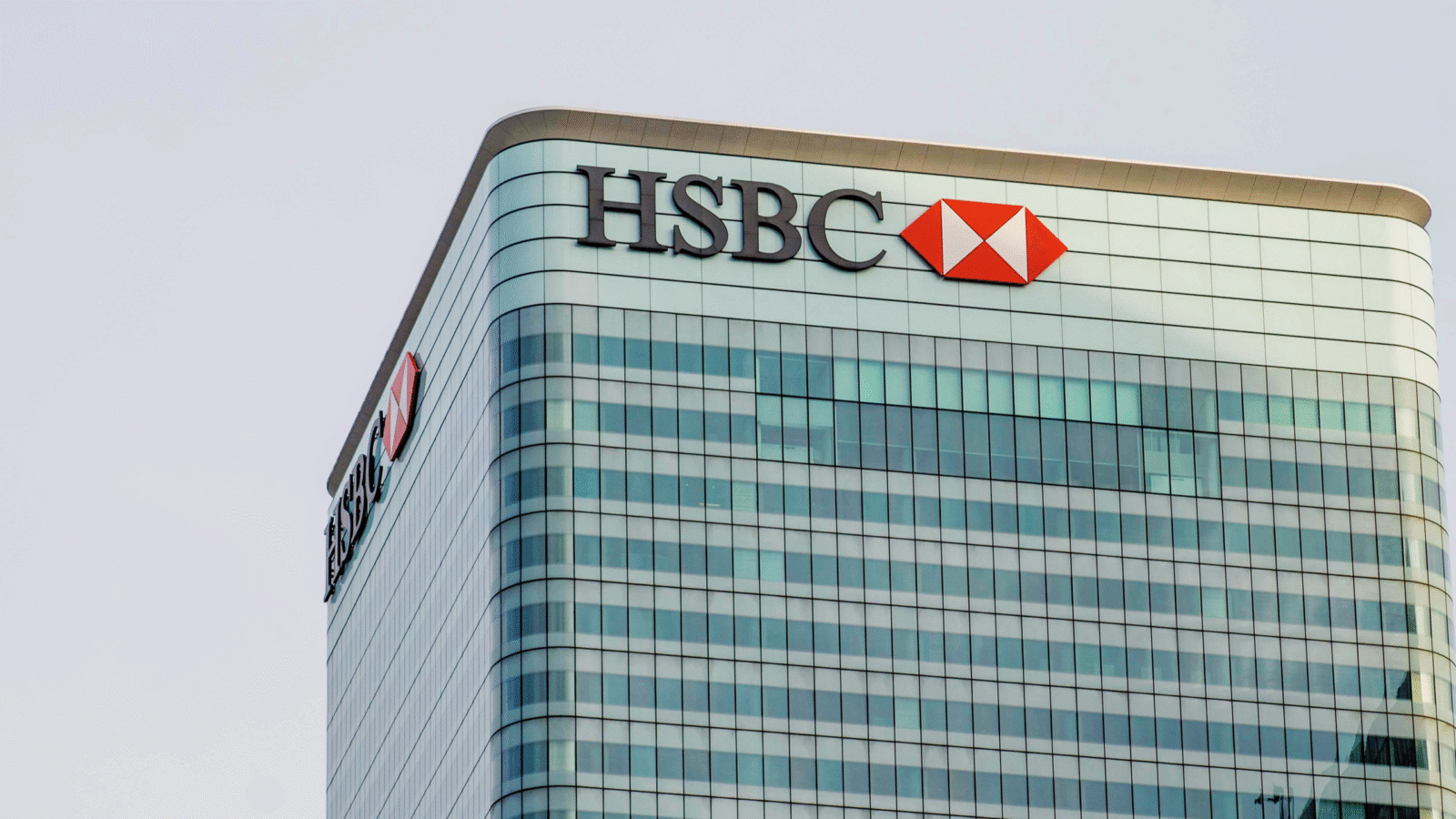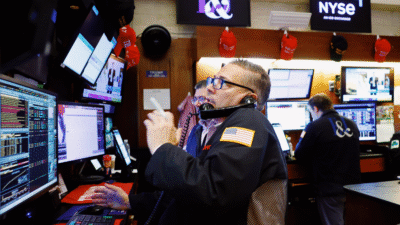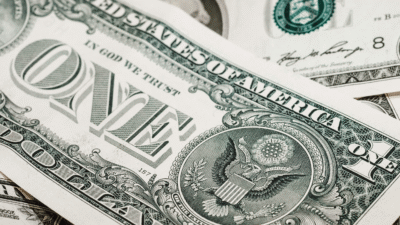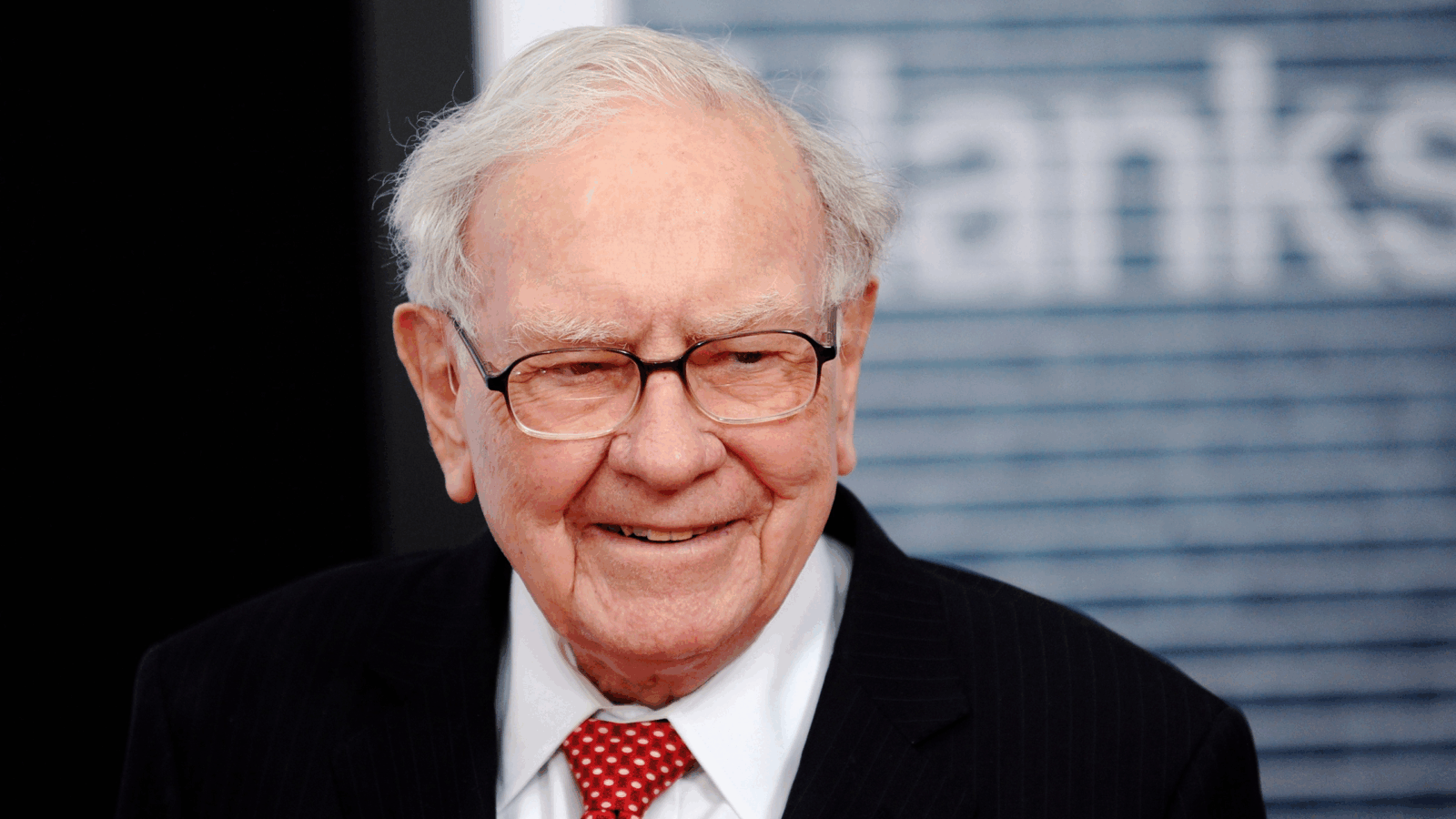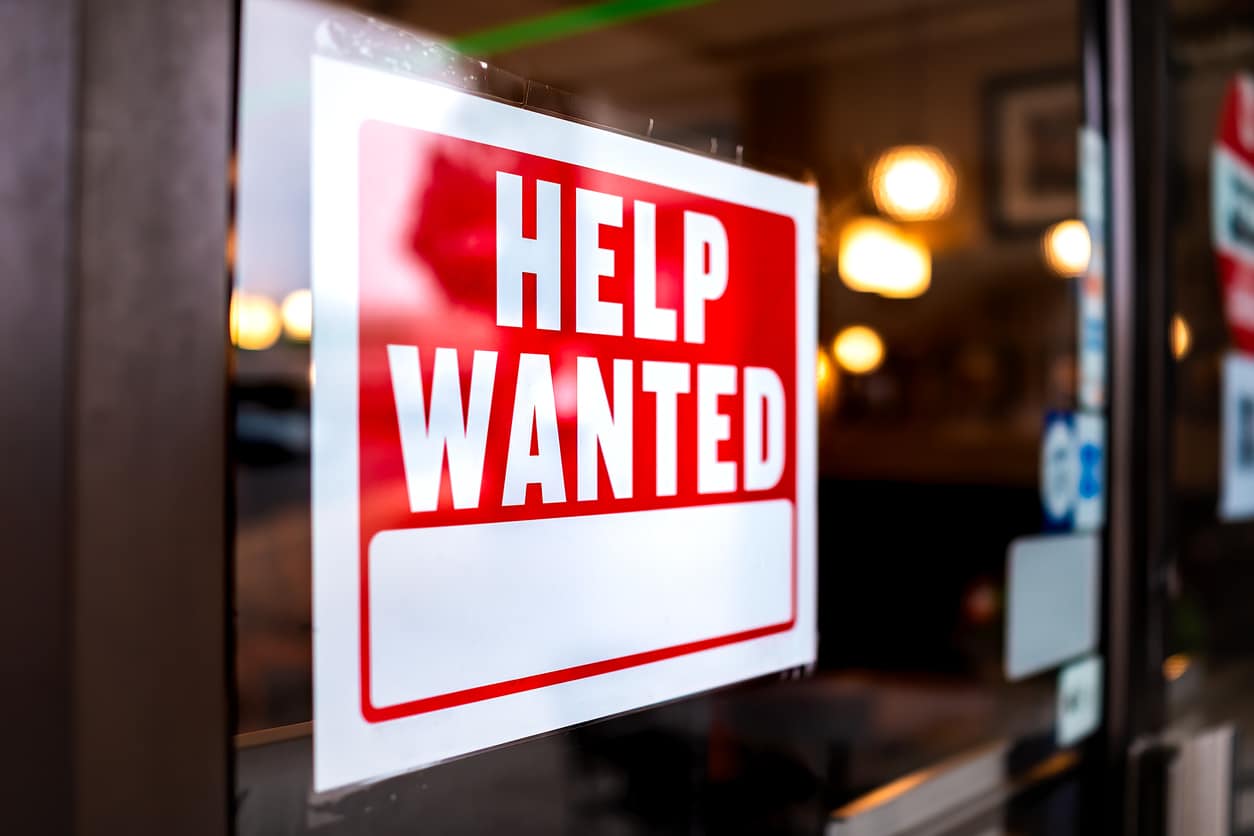
Sign up for smart news, insights, and analysis on the biggest financial stories of the day.
Today marks the start of earnings week, when investors get a peek at the latest balance sheets of noteworthy companies, from JPMorgan and Bank of America to PepsiCo and Delta Air Lines.
Expectations are high — analysts are predicting big profit announcements throughout the week, continuing a strong year during which the S&P 500 has gained 16% and closed at a record high 38 times. So there must be an overwhelming sense of optimism, right? Right?
Skittishness Abounds
Analysts anticipate profits among S&P 500 firms growing 64% in the second quarter year-over-year. Although measured against the pandemic’s doldrums, that would be the highest growth in more than a decade.
But 2021’s economic rebound is also showing signs of fragility, as ongoing labor shortages, supply-chain bottlenecks, inflation, and the highly contagious Delta coronavirus variant have many rethinking their economic forecasts:
- Long seen as a refuge from volatility, government bonds rallied last week, driving the yield on the benchmark 10-year U.S. Treasury note below 1.3%, its lowest level since February.
- Stock sell-offs have already commenced: last Thursday the S&P 500, Dow Jones, and Nasdaq all had their worst performances in three weeks.
“There is a bit of a recognition that things aren’t looking as economically positive as they were in mid-June when everything seemed to be hitting that Goldilocks middle ground,” Edward Park, chief investment officer at Brooks Macdonald, told The Wall Street Journal. “Delta, or the next Delta, will be a recurring risk in markets.”
Back to the Jurassic: A WSJ poll found economists expect the price index of personal consumption expenditures, a key measure of inflation, to rise 3.2% in 2021 and 2.3% in both 2022 and 2023. That would mark the highest extended inflation levels since Jurassic Park hit theatres in 1993. Executives including Warren Buffett and BlackRock’s Larry Fink have sounded the alarm that prolonged inflation will result in higher costs, driving down margins and subsequently, stock prices.
Help Wanted: Investors are already punishing companies struggling with labor shortages. Two weeks ago, FedEx shares fell 3.9% when executives said they were having trouble hiring package handlers.
